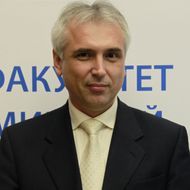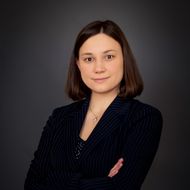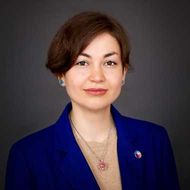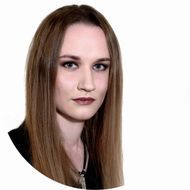About the Faculty
The Faculty of World Economy and International Affairs (WEIA) was founded in 2006 after a restructuring of the Faculty of World Economy (WE), which was established in 2002.
Our main educational principle is interdisciplinarity—when international relations, economics, regional and national studies are studied inseparably from each other.
Our faculty unites the best teachers, academicians, leading practitioners, advanced researchers, talented students, and outstanding graduates from 70+ countries around the world.
International projects and conferences, international academic and research mobility, double degree programmes, language courses in target-language countries, and a network of international partnerships—that is our faculty.
WEIA is:
11 higher education programmes
More than 3,400 students
More than 5,600 graduates
190 teachers and researchers
11 research centres
The Centre for International Cooperation
The International Creative Centre
Numerous student organisations
Administration
Sergey Karaganov
Supervisor
Anastasia Likhacheva
Dean
Deputy Deans
First Deputy Dean
Deputy Dean for Research
Deputy Dean for Finance and Administration
Deputy Dean for Admissions and Alumni Relations
Deputy Dean for Supplementary Education
Teachers
The WEIA teaching staff includes heads of RAS institutes, academicians, corresponding members, resident professors and research professors, expert practitioners, leading researchers, and international specialists.
Scientific and Educational Activities
The main subject areas of education and research work in the faculty are:
- the turn to the East
- problems of global economic governance
- contemporary international relations
- international business
- trade policy
- classical Asian studies combined with the study of Asian politics and economics
- world political economy
- Russian, Eurasian, and integration studies
- arctic studies
- economics and the politics of sanctions
Ten scientific subdivisions of the faculty, including research centres, laboratories, basic departments and project groups, contribute to the integrated scientific work:
International Relations
The faculty actively develops and supports international academic cooperation.
To this end, there is a system of support for international academic mobility for senior undergraduate students, as well as for master's students. Students have the opportunity to take one or several internships at leading universities around the world for periods of 1–5 months (short-term mobility) to 1 year (long-term mobility).
To ensure academic mobility and cooperation in the international sphere, the faculty has a Centre for International Cooperation.
The only double degree international programmes at HSE University (the HSE University and Kyung Hee University Double Degree Programme in Economics and Politics in Asia and the HSE and Kyung Hee University Double Degree Programme in Economics, Politics, and Business in Asia) involve one year of study in Asia and provide two diplomas: one from HSE University and one from Kyung Hee University (South Korea).




